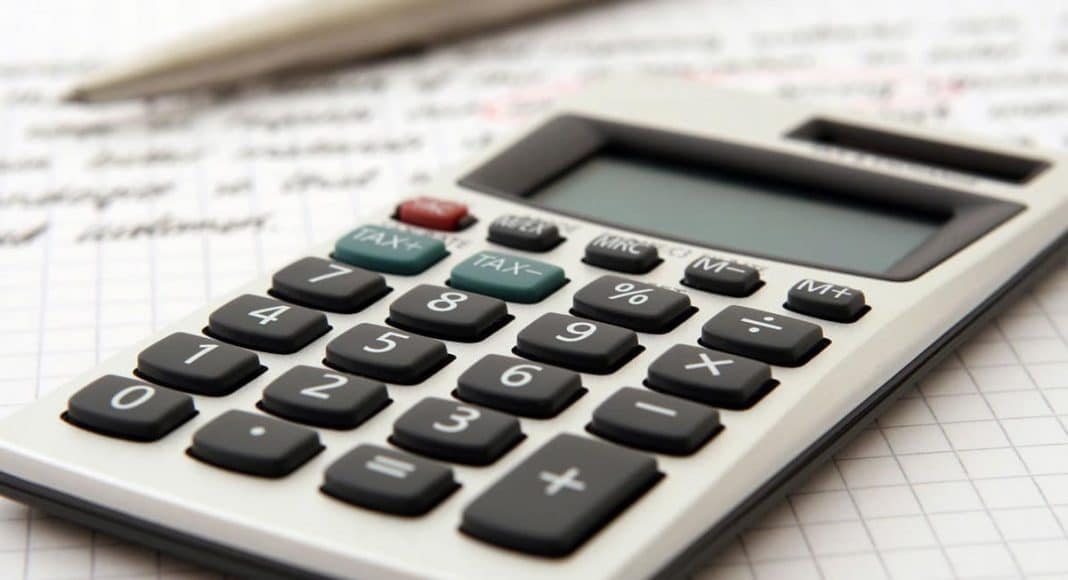California has been having trouble converting illicit cannabis businesses to legal enterprises and the black market appears to be as strong as ever. The reason: The tax structure is out of whack.
An bipartisan bill introduced in the State Assembly this week would reduce the cannabis sales tax rate from 15 percent to 11 percent, and suspend all taxes on growers, for three years.
Tom Lackey, R-Palmdale, and Rob Bonta, D-Oakland, authored the bill in hopes of reducing the price gap between regulated cannabis businesses and the illicit market. “We need to give legal businesses some temporary tax relief so they do not continue to be undercut by the black market,” Lackey said in a statement.
-
Related Story: California’s Insane Cannabis Tax Could Cripple Legal Market
Since retail sales began on Jan. 1, many consumers have balked at the increased cost of legal marijuana and have returned to the black market. “Reducing this gap is critical to making the legal market more competitive against the illicit market and more attractive for consumers,” said Beau Whitney, senior economist at New Frontier Data, told The Cannifornian.
According to the report:
Under rates approved by voters in November 2016 with marijuana legalization measure Proposition 64, all cannabis legally sold in California now comes with a 15 percent excise tax. Recreational cannabis shoppers also pay state sales tax, which typically runs between 8 and 10 percent. And, on top of that, most cities that allow marijuana stores have also tacked on local taxes, which can range from 5 to 15 percent. That means medical marijuana consumers are generally paying at least 20 percent tax on every purchase, and recreational consumers are paying as much as 40 percent.
“Criminals do not pay taxes, ensure customers are 21 and over, obtain licenses or follow product safety regulations,” Lackey said. “We need to give legal businesses some temporary tax relief so they do not continue to be undercut by the black market.”
California-based cannabis attorney Hilary Bricken said that anything the state can do to even the playing field would help.
“The state’s own regulations calculated the markup on wholesale products to be 60 percent, which is already being felt by the consumer,” Bricken told Forbes. Bricken told Forbes that the “ridiculously high” cost of compliance means that most businesses are likely to fail before they get square under current conditions.


